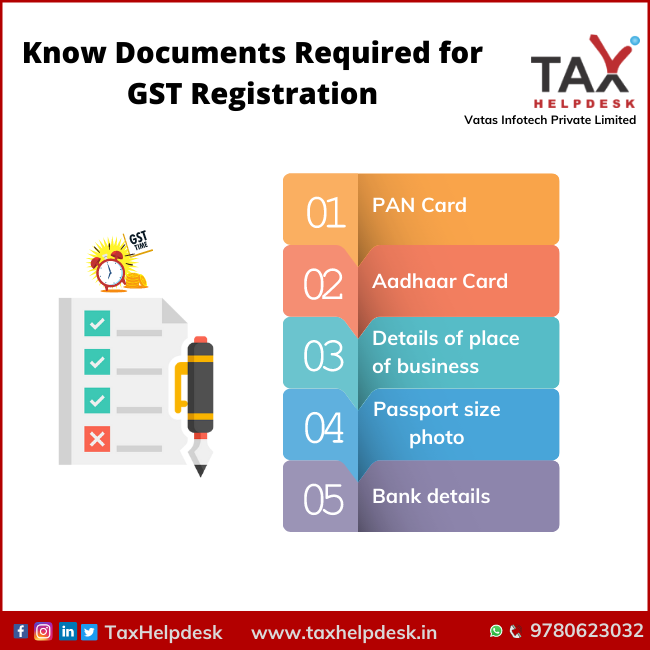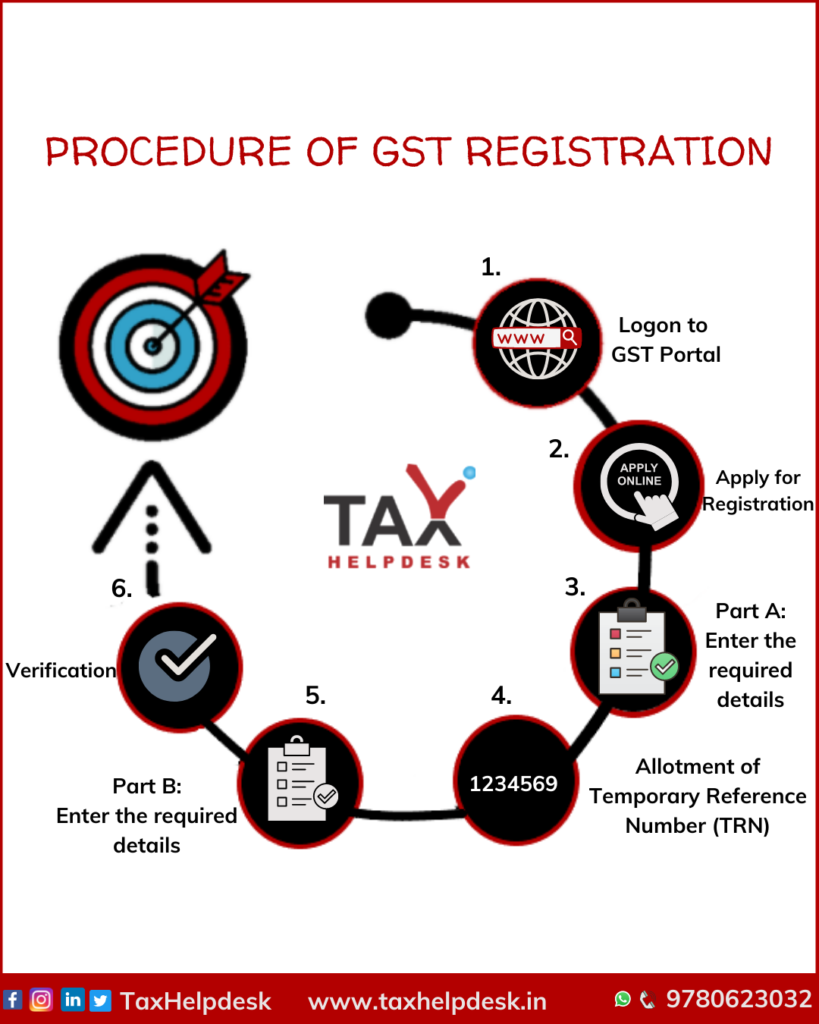Specialist Tips for Selecting the Best GST Registration Services in Singapore
Specialist Tips for Selecting the Best GST Registration Services in Singapore
Blog Article
From Beginning To End: The Ultimate Roadmap to GST Enrollment for Services Seeking Financial Stability
Navigating the complexities of Goods and Solutions Tax (GST) enrollment is an essential step for services making every effort for financial security. Breaking down the roadmap into manageable steps can improve the enrollment trip for businesses looking to boost their financial standing.
Comprehending GST Fundamentals
Looking into the fundamental principles of Goods and Services Tax Obligation (GST) is crucial for acquiring an extensive understanding of its implications on businesses and the economy. GST is a value-added tax imposed on the majority of items and services for residential consumption. It has actually replaced multiple indirect tax obligations that existed in the pre-GST age, streamlining the tax obligation framework and boosting simplicity of doing company in India. Under the GST system, both products and solutions are tired at a specific rate, which is figured out based on their classification. Companies are required to register for GST if their annual turnover exceeds the threshold restriction established by the federal government. Input Tax Obligation Debt (ITC) is a significant function of GST, enabling services to claim credit rating for tax obligations paid on inputs, lowering the overall tax worry. Comprehending the fundamentals of GST is important for companies to abide by tax obligation guidelines, manage their finances efficiently, and contribute to the nation's economic growth by taking part in a transparent tax system.
Eligibility Criteria for Enrollment
To register for GST, organizations should meet specific qualification criteria established by the federal government. The main qualification demand is that any kind of company entailed in the supply of goods or services with an annual accumulation turnover over the threshold limit established by the authorities need to register for GST. Since the current regulations, the threshold restriction for GST registration is an annual accumulation turnover of 40 lakhs for organizations operating within a state, besides special category states where the limitation is 20 lakhs. Additionally, specific organizations are needed to sign up for GST regardless of their turnover, such as interstate vendors, casual taxable persons, and organizations reliant pay tax obligation under the reverse cost mechanism. It is critical for businesses to extensively evaluate their turn over and purchase kinds to establish their GST registration obligations properly. Failing to sign up for GST when eligible can bring about fines and legal effects, making it vital for services to stick to the specified qualification standards.
Papers Needed for Enrollment
Having met the eligibility standards click this link for GST registration, businesses have to now ensure they have the requisite papers in place to continue with the registration process efficiently. The files required for GST enrollment usually include evidence of business constitution, such as collaboration deed, enrollment certification, or consolidation certificate for various types of organizations. Furthermore, businesses need to supply papers developing the primary place of company, such as a rental contract or power expense.
Step-by-Step Enrollment Process
Starting the GST registration procedure involves a collection of structured actions to guarantee a compliant and seamless enrollment for companies. The primary step is to check out the GST portal and submit the registration kind with precise information of the company entity. Following this, the candidate obtains a Momentary Recommendation Number (TRN) which is utilized to return to the application process if it's not finished in one go.
Next, all called for records based on the list provided by the GST portal demand to be submitted. These documents commonly consist of evidence of company identification, enrollment read this and address evidence of marketers, monetary statements, and organization entity's frying pan card.

Post-Registration Compliance Standards

Verdict
In conclusion, companies looking for monetary stability should understand the basics of GST, satisfy eligibility standards, gather required files, follow the detailed enrollment process, and adhere to post-registration More hints guidelines - Best GST registration services in Singapore. By sticking to these steps, companies can make certain compliance with tax guidelines and keep economic stability in the future
Additionally, particular organizations are needed to sign up for GST irrespective of their turnover, such as interstate distributors, laid-back taxable persons, and organizations responsible to pay tax under the reverse fee device.Having actually satisfied the qualification requirements for GST registration, organizations must now guarantee they have the requisite records in place to proceed with the enrollment process effectively. The records required for GST enrollment generally consist of proof of business constitution, such as partnership action, enrollment certificate, or consolidation certification for different types of organizations. In addition, organizations require to give files establishing the primary place of organization, such as a rental arrangement or electrical power expense.Commencing the GST enrollment process includes a collection of organized steps to guarantee a smooth and compliant registration for services.
Report this page